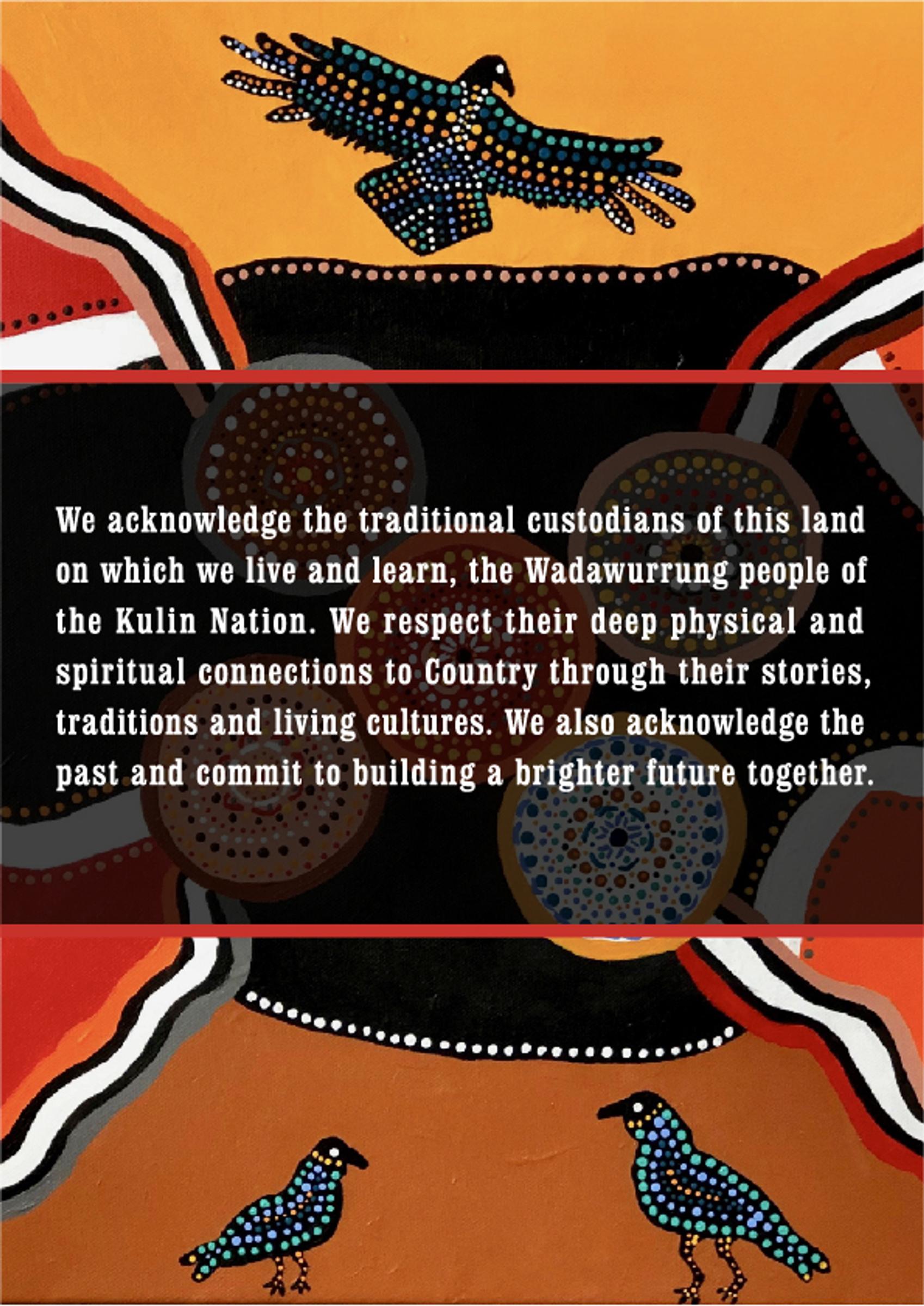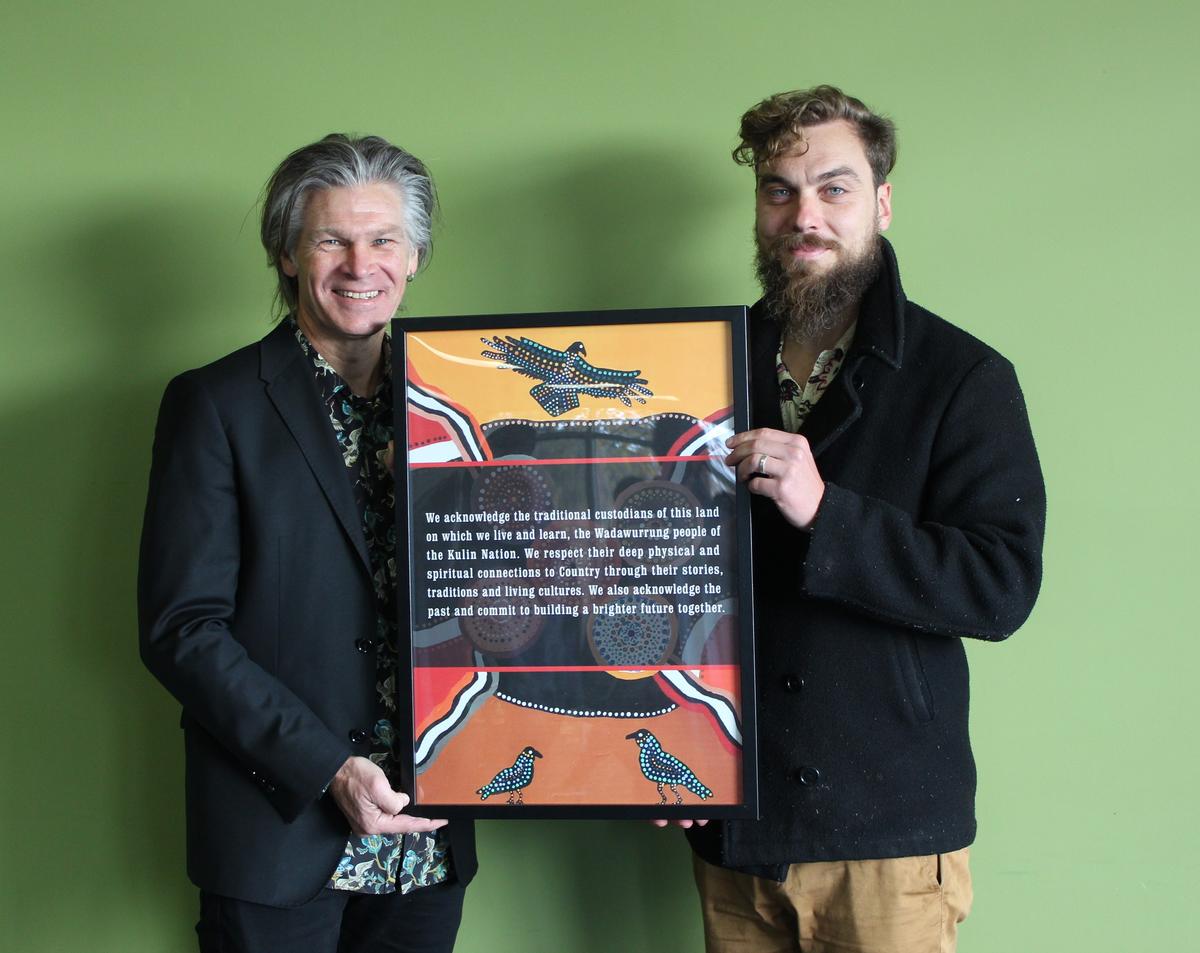Reconciliation Week
By Gary Watling

Reconciliation Week
By Gary Watling
"National Reconciliation Week is every year from 27 May - 3 June. These two dates hold a great deal of significance to First nations people.
27th May: This marks the date of the 1967 referendum when the Australian people voted to count Aboriginal and Torres Strait Islander people in the census. Before this, Aboriginal people weren’t counted in the census of Australia.
The referendum also gave the Australian government the power to make laws for Aboriginal people. Prior to the referendum Aboriginal people were governed on a state-by-state basis.
For example, Aboriginal people in NSW, Victoria and SA were able to marry freely and vote freely (from 1962), but those living in WA and QLD could not.
3rd June: This marks the 1992 ‘Native Title’ Mabo decision. The Mabo decision overturned the doctrine of Terra Nullius (land belonging to no-one) on which British claims to possession of Australia were based.
To me, Reconciliation means both First Nations and Non-First Nation Australians coming together for the common goal of ensuring Aboriginal and Torres Strait Islander people achieve equality in life expectancy, education, employment and all other important, and measurable areas of disadvantage. Reconciliation is about equity and equality.
Obviously, this is complex issue with no easy fix. But I’d like to talk about two strategies that I believe can help promote meaningful and sustainable change.
Firstly, being open to, and actively learning about the true history of this country and its treatment of First Nation Peoples is essential for Reconciliation. For Aboriginal and Torres Strait Islander peoples, Australia’s colonial history is characterised by devastating land dispossession, racism, and. Violence. The suffering, injustice and indignity First Nations People have faced since European settlement has had lasting and devastating effects which are still being felt today. This can be seen in my own family. As many of you may know I’m a proud descendant of the Wiradjuri People from NSW. Shame and fear of persecution led to a disconnection to culture, something that has taken my family generations to begin to repair. Many First Nations People face systematic racism through the media, the justice system, educational and health institutions, and on a societal level via conscious and unconscious bias, harmful stereotypes, and casual racism. It is essential we recognise that these problems exist. Recognition is the first step to Reconciliation.
Secondly, celebrating First Nations Culture and its contributions as the oldest surviving culture in the world is essential to Reconciliation. As a school, one of the ways we are doing this is through the development of our own Acknowledgment of Country.
Country goes beyond the physical, and includes things that cannot be seen or touched, like knowledge. Observing and listening to Country can teach us important lessons. Lessons about the past, present and future.
First Nations people in Australia have experienced significant exclusion from mainstream society since the beginning of colonisation. This contributes to the divide between non-Indigenous and First Nations people and can limit opportunities for learning and connection.
Acknowledging Country recognises First Nations people as the original custodians of this land and promotes awareness of the histories and cultures of First Nations people.
I have been working with our Year 7 students over the past weeks to create our own Acknowledgment of Country (as seen above). Students did an outstanding job, working collaboratively to create an Acknowledgement that the school can be proud of. After the written component was finalised, teacher Jacqueline Moore sought the work of local Wadawurrung artist Jenna Oldaker and the graphic design skills of Dylan Kerr to complete the piece. The image will now be displayed throughout each BSC classroom as a reminder of our commitment to supporting First Nations People and reconciliation.


Beaufort Secondary College would like to thank First Nations artist, Jenna Oldaker for the image, Dylan Kerr for his graphic design and our Year 7 students for the Acknowledgement of Country. We would also like to express our sincere thanks to ACCIONA Windfarm of Waubra, who sponsored the entire project. With ACCIONA’s support, this is the first in a range of initiatives we will be engaging in throughout the year."

